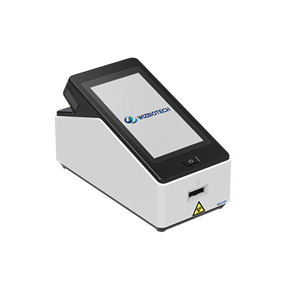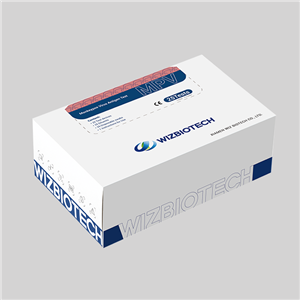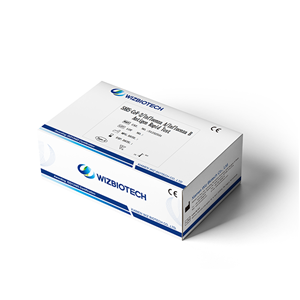Don’t be panic when you see an elevated tumor markers report!
What is tumor marker?
Tumor markers are specific substances that can reflect the occurrence and development of tumors and tumor marker level helps to monitor patient’s response to treatment.
Tumor markers are present in the tissues, body fluids and excreta of tumor patients, and can be detected by immunological, biological and chemical methods.
Common tumor markers are listed below.
Tumor markers | Abbr. | Type of cancer implies |
Carcinoembryonic antigen | CEA | Colorectal cancer, gastric cancer, lung cancer, breast cancer, liver cancer, thyroid cancer, pancreatic cancer |
Alpha fetoprotein | AFP | Primary liver cancer |
Prostate specific antigen | PSA | Prostatic cancer |
Carbohydrate antigens 125 | CA125 | Ovarian cancer, endometrial cancer, breast cancer, pancreatic cancer, and lung cancer |
Carbohydrate antigens19-9 | CA19-9 | Pancreatic cancer, cholangiocarcinoma, gallbladder cancer, gastric cancer, and intestinal cancer |
Carbohydrate antigens 24-2 | CA24-2 | Pancreatic cancer |
Carbohydrate antigens 72-4 | CA72-4 | Gastric cancer, ovarian cancer |
Carbohydrate antigens 15-3 | CA15-3 | Breast cancer |
Neuron-specific enylase enzymes | NSE | Small-cell lung cancer, neuroendocrine system tumors |
Squamous cell carcinoma antigen | SCC | Squamous cell carcinoma:Cervical cancer, lung squamous cell carcinoma, oesophageal cancer, head and neck cancer, and bladder cancer |
Cytokeratin soluble fragment 19 | CYFRA21-1 | Non-small cell lung cancer |
Does elevated tumor marker level indicate cancer occurrence?
Although tumor markers may be significantly elevated in the case of tumor occurrence and development, tumor markers can also increase in some specific physiological conditions or benign diseases. So, high level of tumor markers do not equivalent to developing cancer.
AFP, for example, will increase in patient with viral hepatitis and cirrhosis. In addition, AFP will rise during pregnancy.
As for CEA, its elevation can be seen in cirrhosis, hepatitis, emphysema, intestinal diverticulum, rectal polyps, colitis and other benign diseases, and it also may run high among the smokers in the healthy population.
Prostate-specific antigen is currently widely used in prostate cancer, but elevated serum PSA could also be seen in prostatic hyperplasia, prostatitis, kidney and genitourinary diseases, and tests that causes prostate injury can lead to obvious run-up in PSA. Meanwhile, the tumor markers also get elevated among some renal failure patients.
What should we pay attention to?
We need to be careful when the tumor markers run up obviously.
First of all, it is recommended to retest tumor markers. If there is a significant elevation after the retest, it is recommended for patients to consult a tumor specialty and make a diagnosis based on the specific situation and other imaging and pathological examinations.
If the elevation is not very high, and there are physiological and pathological conditions that may cause it, then it can be regularly checked first to understand whether there is a dynamic trend of continuous elevation, and then conduct specific analysis.
What shall we do?
To sum up, there is no need to panic about the elevation of tumor markers found in one examination. Many physiological conditions, especially during pregnancy, and benign and inflammatory diseases can also cause the elevation of some tumor markers, specific analysis needed.
You should be alert if the patient is in high-risk of certain cancer such as:
·Malignancy history in direct or collateral relatives;
·Long-term contact with foreign carcinogens (such as long-term smoking, drinking, eating high-nitrite food);
·Poor physical quality, and the elderly with weak resistance;
Briefly, we should pay attention to the elevated tumor markers found in the examination, and go to the oncology department for further examination.




